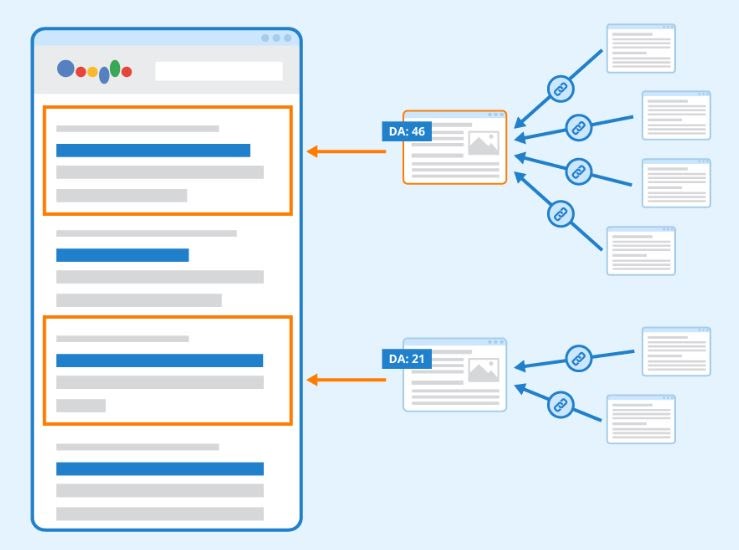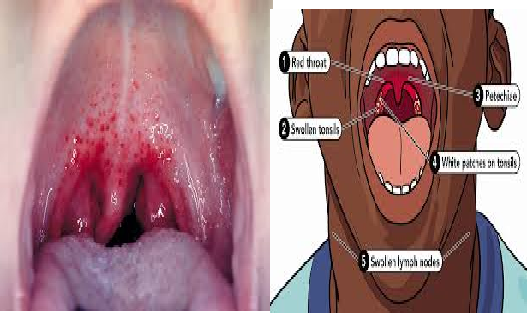Strep throat is a common bacterial infection, often affecting the throat and tonsils, and is caused by Streptococcus pyogenes, also known as Group A Streptococcus. While it’s more frequent in children, anyone can develop this infection. Recognizing the symptoms early and knowing when to seek medical intervention can be essential for a speedy recovery.
What Are 5 Symptoms of Strep Throat?
When it comes to identifying what are the symptoms of strep throat, several signs are commonly reported, especially in cases of moderate to severe infection. Here are the five most typical symptoms:- Sore Throat: A sudden and severe sore throat is one of the hallmark signs of strep throat, often accompanied by painful swallowing.
- Red and Swollen Tonsils: Strep throat frequently causes tonsils to become inflamed and red, sometimes with white patches or streaks of pus.
- Tiny Red Spots: Small, red spots may appear on the roof of the mouth, particularly towards the back.
- Fever: A high fever, often above 100.4°F (38°C), is common with strep throat.
- Swollen Lymph Nodes: Swelling in the neck’s lymph nodes is a typical sign, which can also feel tender to the touch.
What Are the Early Warning Signs of Strep Throat?
Early signs of strep throat can vary, but typically begin with a scratchy or sore throat. Fever and mild throat discomfort can follow, and these symptoms may worsen over a short period. Recognizing these initial signs is crucial for prompt treatment, which can prevent the infection from spreading or worsening.How Do I Check Myself for Strep Throat?
While self-checking for strep throat at home can be challenging, you can look for some tell-tale signs:- Examine the Throat: With a mirror and a flashlight, check for red or swollen tonsils, white patches, or tiny red spots at the back of the throat.
- Feel for Swollen Lymph Nodes: Gently press on the sides of your neck, just under the jaw. Swollen lymph nodes can be a sign of infection.
- Monitor Fever and Pain: A sore throat combined with a high fever (without a cough) often suggests strep rather than a viral infection.
Will Strep Throat Go Away by Itself?
In some cases, mild strep throat may resolve on its own. However, untreated strep infections can lead to serious complications, such as rheumatic fever or kidney inflammation. Antibiotics are highly effective in shortening the duration of symptoms, preventing the spread of infection, and minimizing complications.Is Strep Throat Serious?
Yes, strep throat can become serious if left untreated. Strep A bacteria can spread to other parts of the body, leading to more severe infections. Complications can include:- Rheumatic Fever: This inflammatory condition affects the heart, joints, skin, and brain.
- Post-streptococcal Glomerulonephritis: A kidney disease that occurs after strep infections.
- Peritonsillar Abscess: A collection of pus near the tonsils that can cause severe pain and swelling.
How Painful Is Strep Throat?
Strep throat can be quite painful, with severe throat discomfort that worsens with swallowing. The intensity of pain varies among individuals but can be significant enough to make eating, drinking, and even speaking difficult.What Is the Best Antibiotic for Strep Throat?
Penicillin or amoxicillin is typically prescribed as the first-line antibiotic for strep throat. Both are effective at eradicating the bacteria and reducing the duration of symptoms. For people allergic to penicillin, alternative antibiotics like azithromycin or cephalexin may be prescribed. Always follow your healthcare provider's instructions regarding the antibiotic course to prevent recurrence or resistance.Is Strep A Usually Serious?
Group A Streptococcus, the bacteria responsible for strep throat, is typically not life-threatening when treated promptly. However, untreated infections can escalate into more severe conditions, particularly in people with weakened immune systems.What Is Tonsillitis vs. Strep Throat?
Tonsillitis is the inflammation of the tonsils, often caused by either viral or bacterial infections. Strep throat, on the other hand, is a specific type of bacterial infection caused by Group A Streptococcus. While strep throat typically affects the tonsils, tonsillitis can result from a broader range of infections. In Summary: Knowing what are the symptoms of strep throat is essential for early intervention and effective treatment. Recognizing the signs, from a sore throat and swollen tonsils to fever and lymph node swelling, helps distinguish strep from other infections. Consulting a healthcare provider for testing and antibiotics if necessary will facilitate recovery and reduce complications.Read more :
2= https://checkwebsitedr.com/blogs/what-are-the-symptoms-of-food-poisoning/


